
Ask any librarian and she or he will tell you how insatiable and fanatical mystery readers can be (and, back when such a thing mattered, how much shelf space mysteries could gobble up). For more than a century, mysteries have populated best-seller lists, and now have even found their way into literary anthologies. Part of this has happened because a lot of smart, clever, and sophisticated people have taken to writing (and reading) them, but it’s also because of the genre’s immense variety. The settings cover the globe and take place any time from prehistory to the future; their heroes come in every gender, shape, size, age, religion, and national origin; and their effect on readers can go from amusement and absorption to the visceral tension and release of hunting and chasing. Underlying all of this, mysteries take serious, life-and-death issues and turn them into entertainment. Here are 10 underappreciated classics that deserve to be revisited.
Whose Body? by Dorothy Sayers
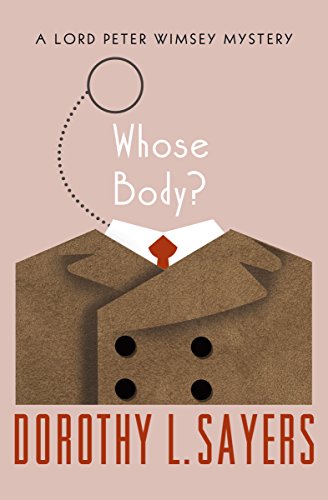
Sayers’ first novel helped nudge Golden Age writers to add gentle humor and intellect to their puzzles. Her detective, Lord Peter Wimsey, has more than a tincture of P. G. Wodehouse in him, and this book, like Sayers’ other mysteries, operates according to self-imposed rules of the game played between writer and reader.
Red Harvest by Dashiell Hammett
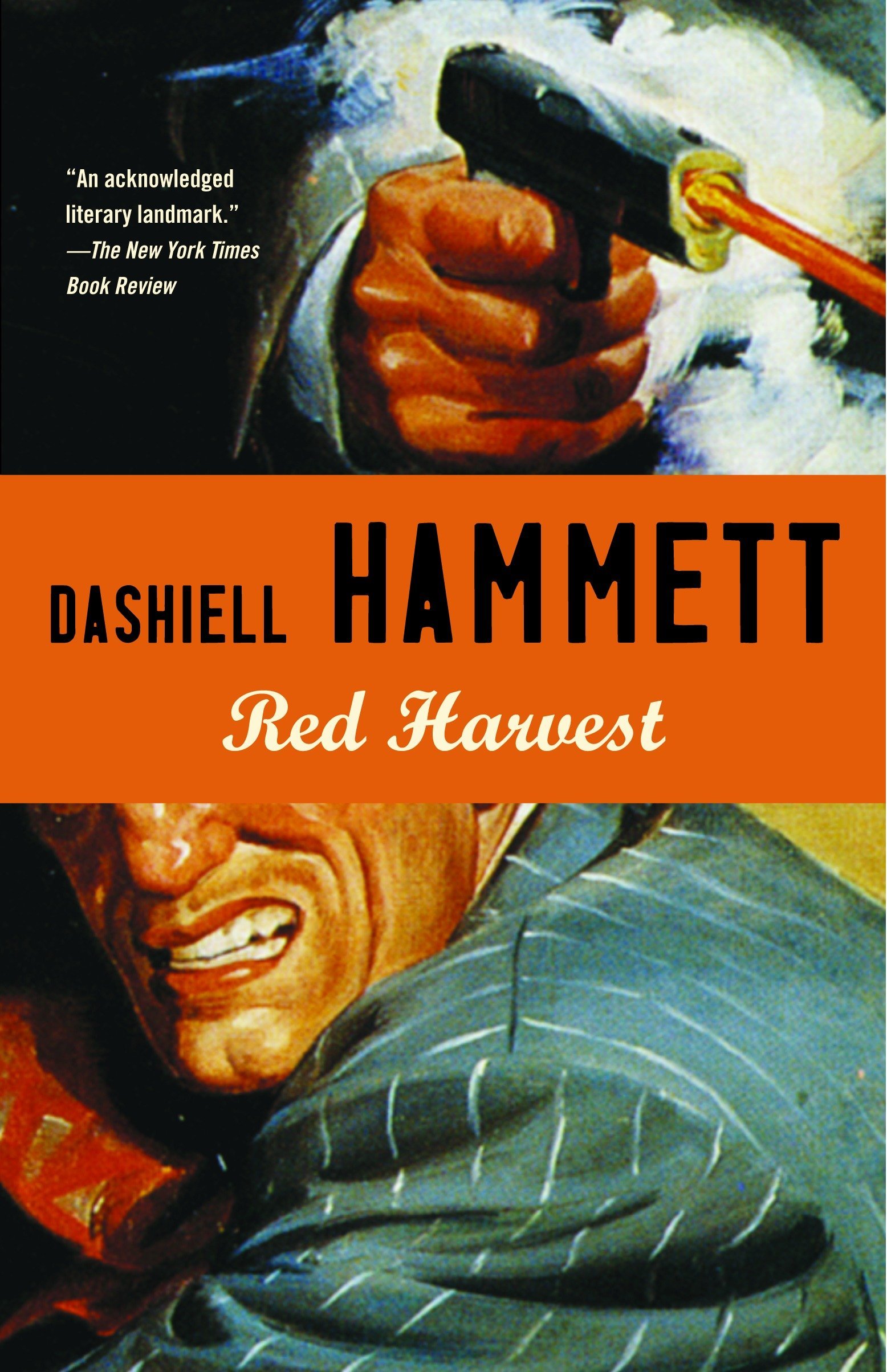
Hammett’s first novel in many ways defines what came to be called the hard-boiled school of detective fiction. Its narrator is Hammett’s first detective hero, the nameless operative of the Continental Detective Agency. André Gide called Hammett’s Red Harvest “a remarkable achievement, the last word in atrocity, cynicism, and horror.”
The Three Coffins by John Dickson Carr
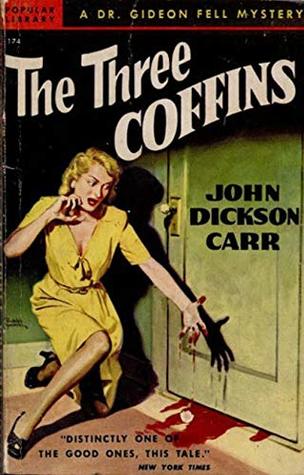
After Ellery Queen, Carr is the best-known American writer of the Golden Age. His Dr. Fell is a comic version of G. K. Chesterton. Carr’s books present theme and variations on the concept of the locked-room mystery.
A Gun for Sale by Graham Greene
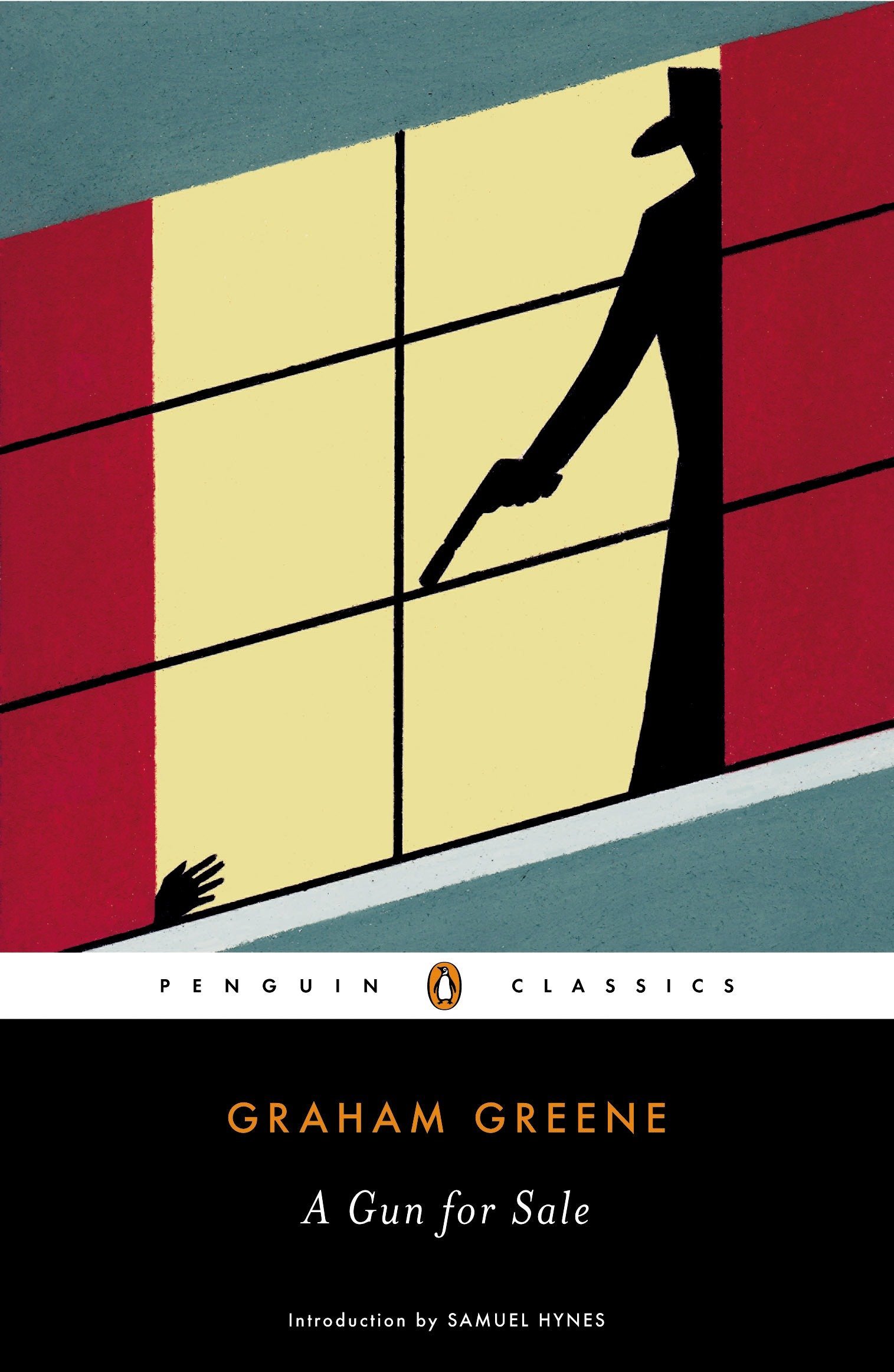
One of the books Greene labeled as “entertainments,” i.e., non-serious novels, A Gun for Sale has the international arms trade as its background. The plot follows Raven, a disfigured contract killer, in his search for revenge for betrayal by his employers, as well as the detectives’ search for Raven.
Hamlet, Revenge! by Michael Innes
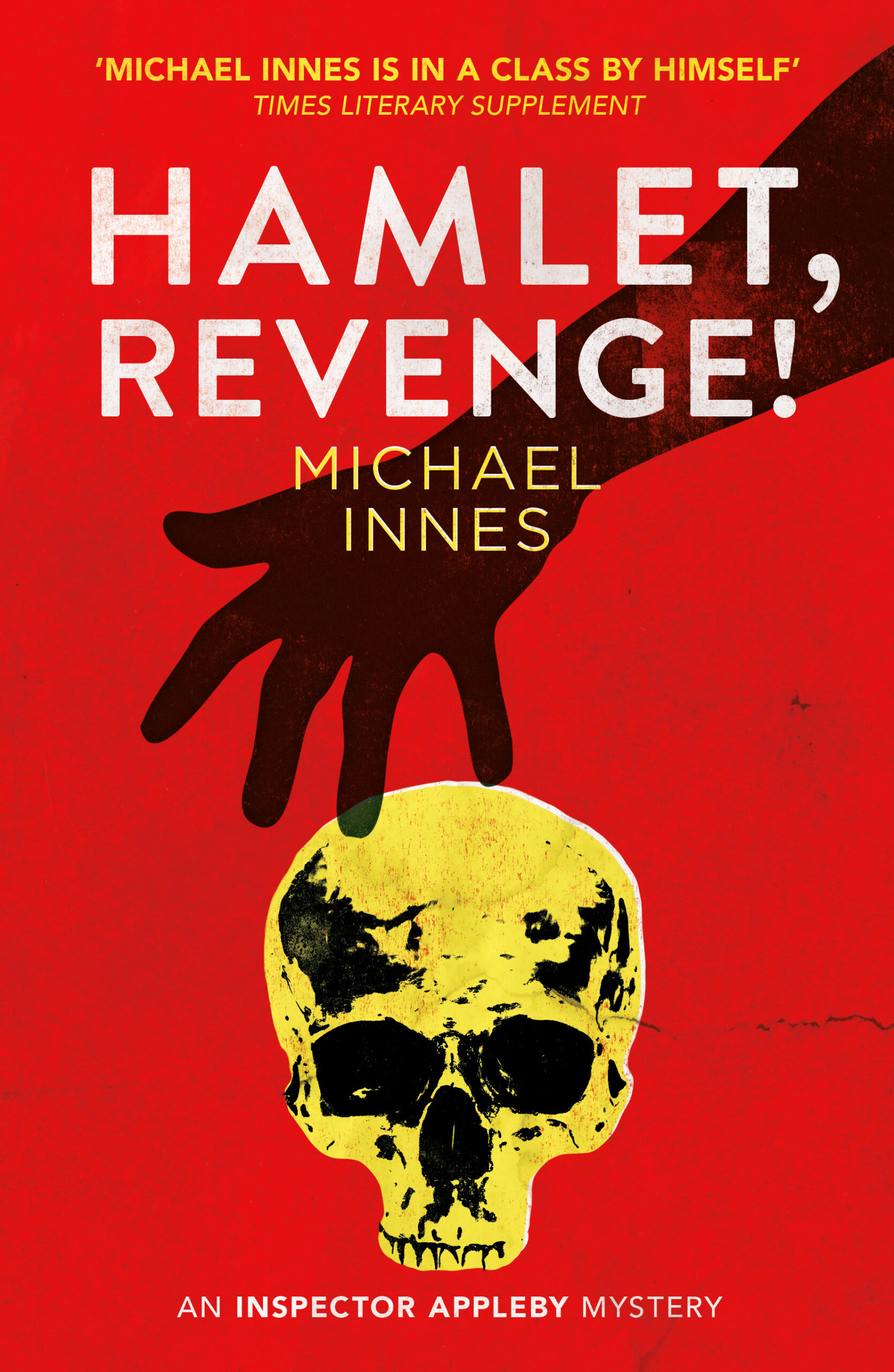
Michael Innes (J. I. M. Stewart) was the most prolific of the Oxbridge academics that took up writing mysteries between the world wars. Number 68 on the Crime Writers’ list of best detective books of all time, Hamlet, Revenge! combines literary references with oddball characters to create an engrossing puzzle.
The Moving Toyshop by Edmund Crispin
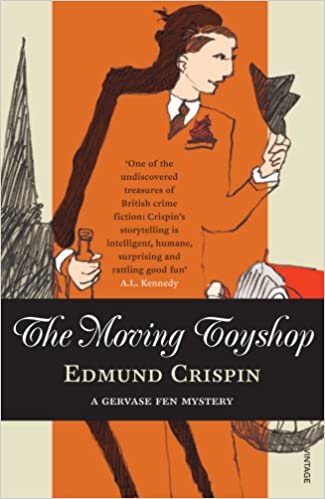
Robert Bruce Montgomery cribbed the name Edmund Crispin from one of the characters in Hamlet, Revenge! A disappearing crime scene is the opening conundrum in a lighthearted literary romp around Oxford.
The Daughter of Time by Josephine Tey
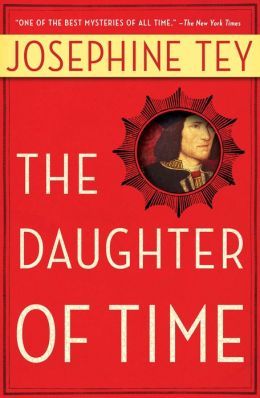
While recuperating after surgery, Tey’s detective, Inspector Grant, decides to look into the alleged crimes of King Richard III, a figure who has been labeled as a murderer by, among others, Shakespeare. Issues of history and historiography arise as Grant tries to get to the truth in this very, very cold case.
Rest You Merry by Charlotte MacLeod
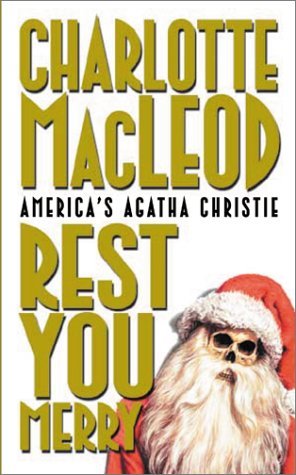
The “cozy” mystery endures. Here the game board is a wacky American college town, the cast is made up of students, professors, deans, and a larger than life president, the police are characteristically clueless, and the author intends to puzzle and entertain her readers.
Dancing Bear by James Crumley
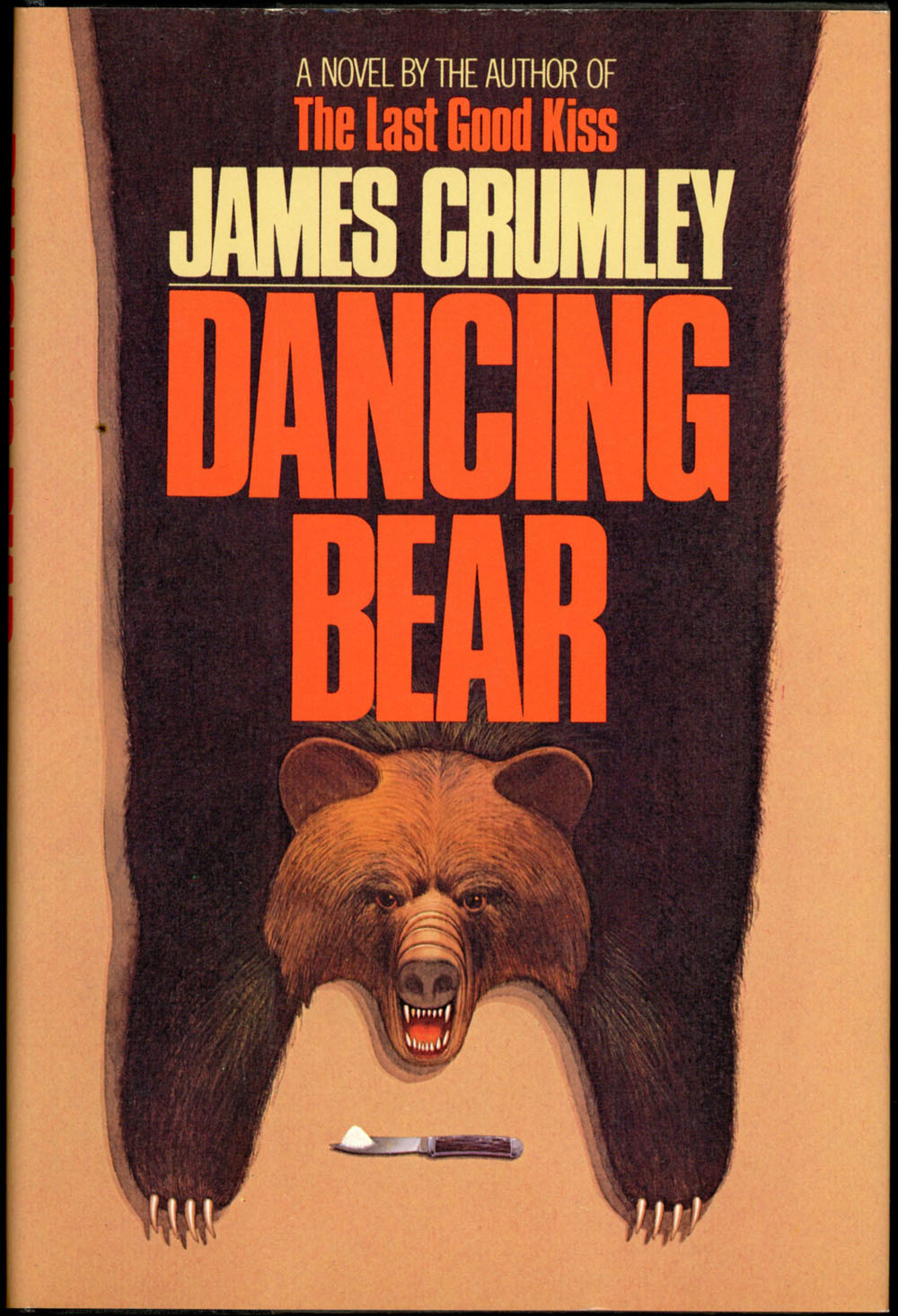
Crumley’s heroes embody the characteristics of the old hard-boiled detective, but add Wild West ethos, alcoholism, drug addiction, and depression. Here his antihero confronts his personal demons along with corporate greed and environmental destruction in a whirlwind of violence and betrayal.
Double Whammy by Carl Hiaasen
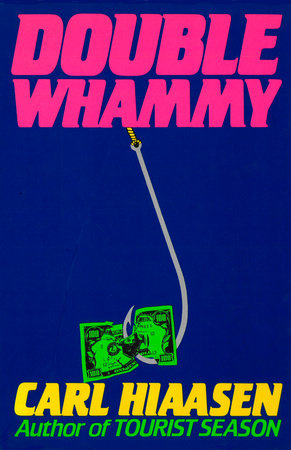
A private eye’s search for incriminating information gives way to a wildly comic satire of south Florida. Here Hiaasen targets destruction of the environment, real-estate boondoggles, corrupt politics, and a unique population of con men, grifters, and weirdos nurtured by the Sunshine State.

